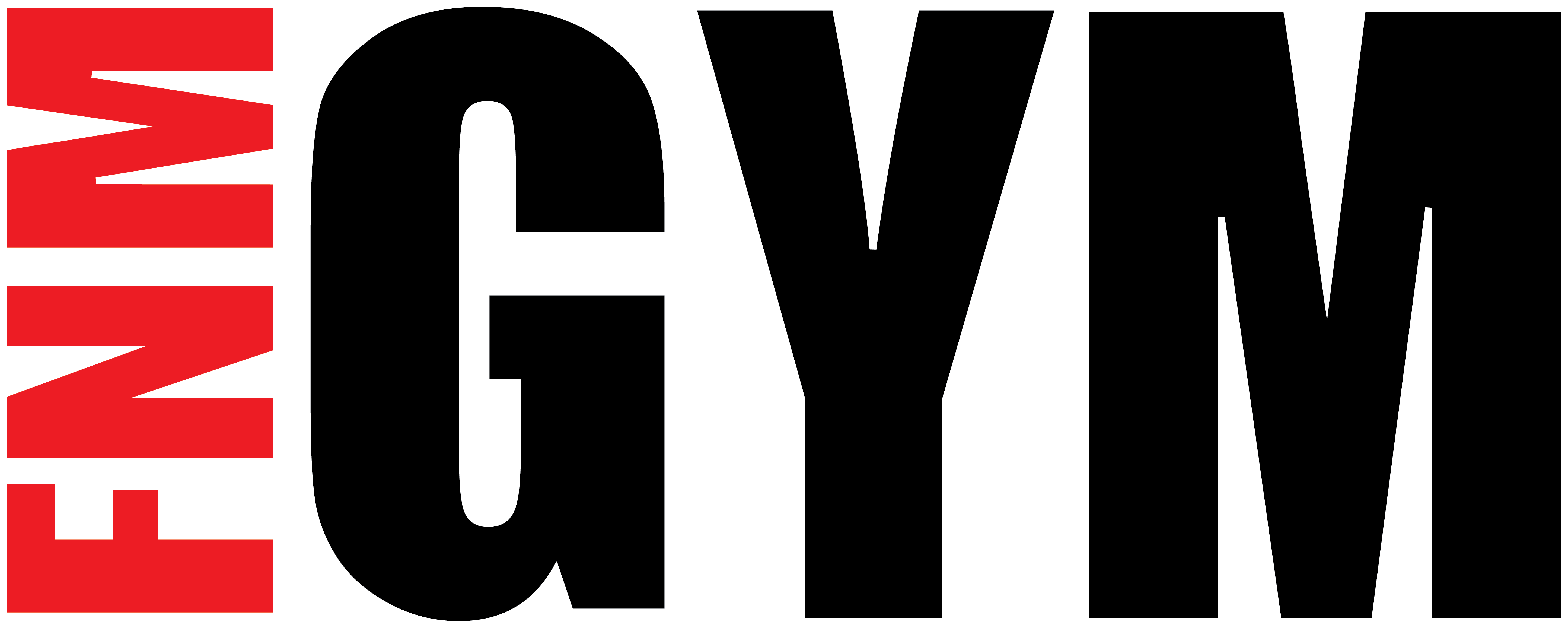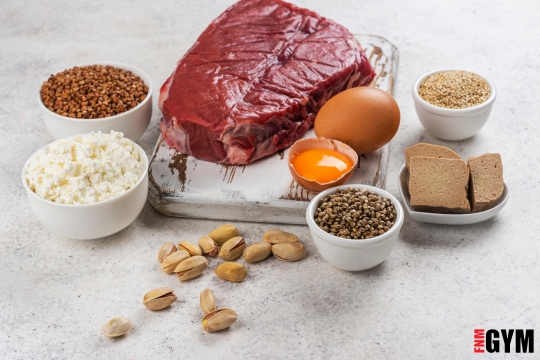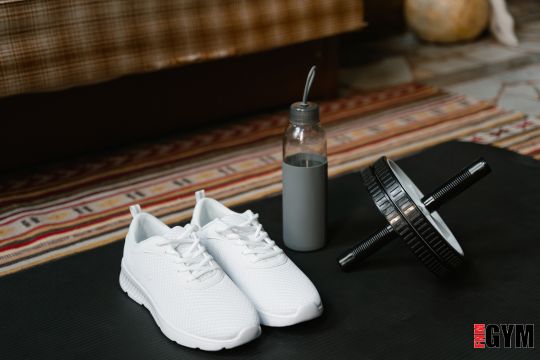At Fitness n Motion Health Centre (FNM), we’re all about empowering you to smash your fitness goals and feel fantastic. One key player in your fitness journey? Protein. Whether you’re lifting weights, running marathons, or simply staying active, protein is essential for muscle growth, recovery, and keeping you energised. Let’s dive into why it’s so important and how you can make it a delicious part of your day!
The Importance of Protein for Muscles and Recovery
Protein is like the building blocks of your body, made up of amino acids that repair and grow your muscles. After a tough workout, your muscles develop tiny tears (don’t worry, it’s normal!), and protein steps in to repair and strengthen them. Without enough protein, you might feel sore longer and struggle to hit your next workout with the same energy. This is why protein is essential for fitness and recovery.
It’s not just about repairing muscles, though. In addition, protein also supports your immune system, helps keep your energy levels steady, and even aids in curbing cravings. Therefore, when you’re working hard to stay active, you need protein to fuel your progress and help you bounce back. Ultimately, understanding why protein is essential for fitness and recovery can motivate you to include it more consistently in your diet.
How Much Protein Do You Really Need?
Ah, the golden question! How much protein you need depends on your fitness goals and lifestyle. Here’s a quick guide:
- For general health: Aim for about 0.8 grams of protein per kilogram of body weight daily.
- For building muscle: Increase to around 1.6–2.2 grams of protein per kilogram of body weight.
- For fat loss while maintaining muscle: Stick to 1.6–2.2 grams of protein per kilogram of body weight as well.
Let’s say you weigh 70 kilograms and want to build muscle. You’ll need somewhere between 112 and 154 grams of protein daily. That might sound like a lot, but don’t worry—it’s manageable with a bit of planning!
Protein-Rich Foods and Supplements
Here’s the fun part: finding tasty ways to meet your protein needs! Fortunately, there’s a protein option for everyone, regardless of your preferences. Whether you’re a fan of meat, plant-based options, or something in between, there’s something for you!
Whole Foods
- Meat and Poultry: Chicken breast, turkey, lean beef—classics that pack a protein punch.
- Fish: Salmon and tuna are not only protein-rich but also provide healthy fats.
- Eggs: Affordable, versatile, and packed with protein in a compact package.
- Dairy: Greek yoghurt, cottage cheese, and milk are great for snacking or smoothies.
- Plant-Based Options: Beans, lentils, chickpeas, tofu, tempeh, and edamame are fantastic for vegetarians and vegans. These options show why protein is essential for fitness and recovery in all diets.
Snacks and On-the-Go Options
- Nuts and Seeds: Almonds, pumpkin seeds, and peanut butter are quick, protein-packed options.
- Jerky: A convenient snack for busy days, as long as you keep an eye on the sodium content.
- Protein Bars: Perfect for your gym bag, just check the sugar levels to ensure you’re making a healthy choice.
Supplements
For those who find it tricky to meet protein goals through food alone, protein powders can be a lifesaver. In fact, options like whey, casein, or plant-based powders (such as pea, rice, or hemp) blend easily into smoothies, oats, or even baking recipes. As a result, they offer a convenient and versatile way to boost your protein intake without much effort.
Timing Your Protein Intake for Optimal Results
When it comes to protein, timing really matters! Here’s how to maximise your gains and recovery:
Spread It Out
Your body can only absorb so much protein at once, so aim to spread your intake evenly throughout the day. For example, instead of one big protein-heavy dinner, include it in every meal and snack. This is why protein is essential for fitness and recovery throughout your day.
Pre-Workout Fuel
Having a small protein-rich snack, like a banana with peanut butter, about 1–2 hours before exercising can keep you energised.
Post-Workout Recovery
The “golden window” for protein intake is within 30–60 minutes after your workout. This is when your muscles are primed to absorb nutrients and begin repairing. A protein smoothie or some eggs on toast can do wonders here!
Before Bed
Did you know your muscles grow while you sleep? Having a slow-digesting protein, like cottage cheese or casein, before bed can support overnight recovery.
Making Protein Part of Your FNM Routine
At Fitness n Motion Health Centre, we believe fitness and nutrition go hand in hand. By prioritising protein in your diet, you’ll recover faster, build stronger muscles, and feel more energised for your workouts. This is why protein is essential for fitness and recovery in your daily routine.
Remember, everyone’s journey is different, and finding the right balance of protein for your goals takes a bit of trial and error. Feel free to ask our friendly trainers for advice—we’re here to help you thrive.
So next time you’re planning your meals, think of it as fuelling your fitness. Your muscles will thank you, your energy levels will soar, and you’ll feel unstoppable. Now, go out there and show your workout who’s boss!
Click here to read more about The Most Nutritious Foods You Should Add to your Diet Today



